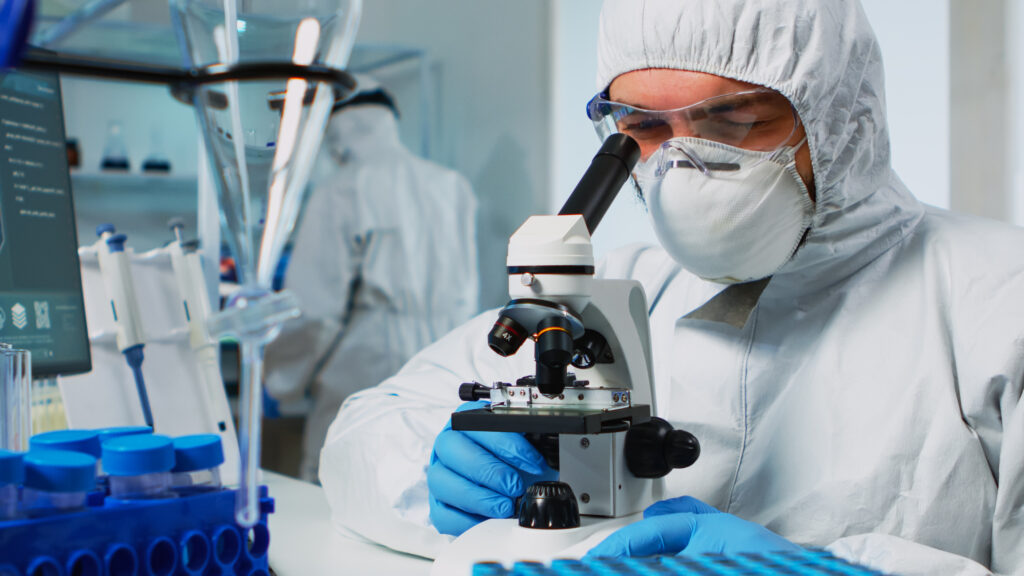In recent years, mesenchymal stem cell-derived extracellular vesicles (MSC-EVs) have gained significant attention as critical players in intercellular communication. These small vesicles, released by mesenchymal stem cells, carry a variety of bioactive molecules that can influence the behavior of target cells. Their ability to mimic the functions of their parent cells has made MSC-EVs a focal point in regenerative medicine and therapeutic interventions.
Research indicates that MSC-EVs possess several beneficial properties, including immunomodulation, promotion of tissue regeneration, anti-apoptotic effects, and antifibrotic actions. These characteristics are particularly promising in the context of inflammatory bowel disease (IBD), a condition that affects millions worldwide and is characterized by chronic inflammation of the gastrointestinal tract. Traditional treatments may offer limited efficacy and come with various side effects, leading scientists to explore MSC-EVs as a cell-free alternative.
The non-immunogenic nature of MSC-EVs significantly reduces the risk of adverse reactions in patients, making them a safer option compared to direct cell replacement therapies. Furthermore, their lower potential for tumorigenicity and the specificity of their cargo add to their appeal as a therapeutic tool. Their ease of manipulation and storage also presents logistical advantages, enabling broader applications in clinical settings.
This exciting area of research has been highlighted in a recent publication by a team of dedicated scientists. The authors of this pivotal study, Laura Clua-Ferré, Roger Suau, Irene Vañó-Segarra, Iris Ginés, Carolina Serena, and Josep Manyé, have contributed to an emerging understanding of how MSC-EVs can be harnessed to combat IBD. Their work underscores the potential for these vesicles to transform treatment paradigms for chronic inflammatory conditions.
As we continue to explore the therapeutic applications of MSC-EVs, this research paves the way for innovative strategies in managing IBD. By leveraging the natural properties of these extracellular vesicles, we may be able to develop effective, safe, and accessible treatments that enhance patient outcomes and improve quality of life for those living with these debilitating diseases. The future of IBD therapy could very well lie in the promising realm of MSC-EVs, marking a significant step forward in regenerative medicine.


